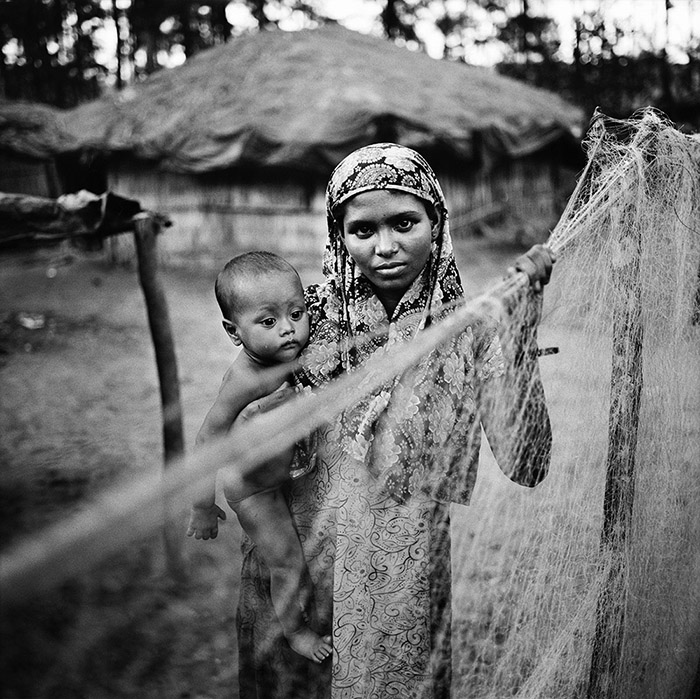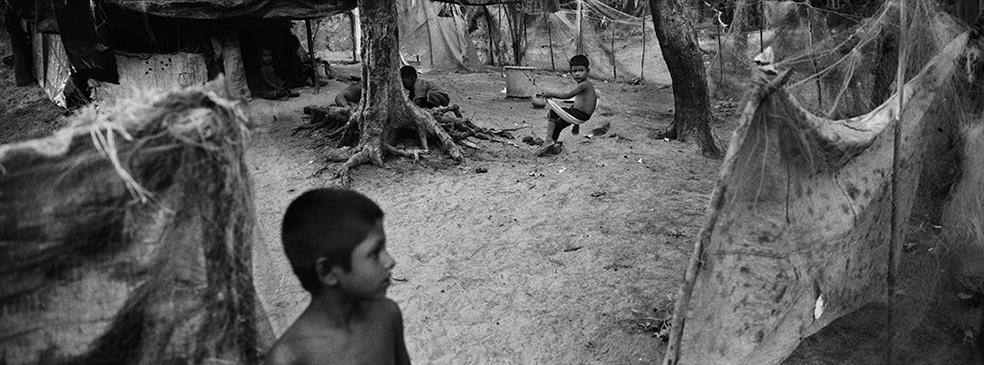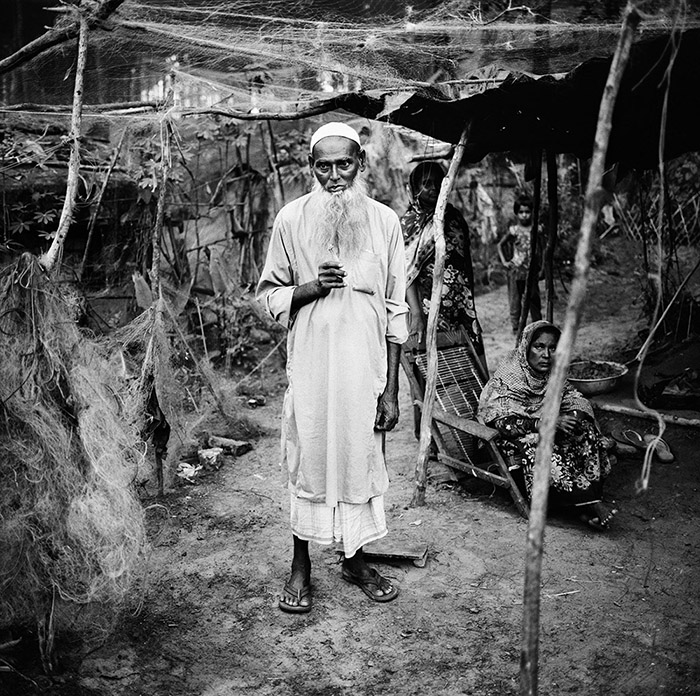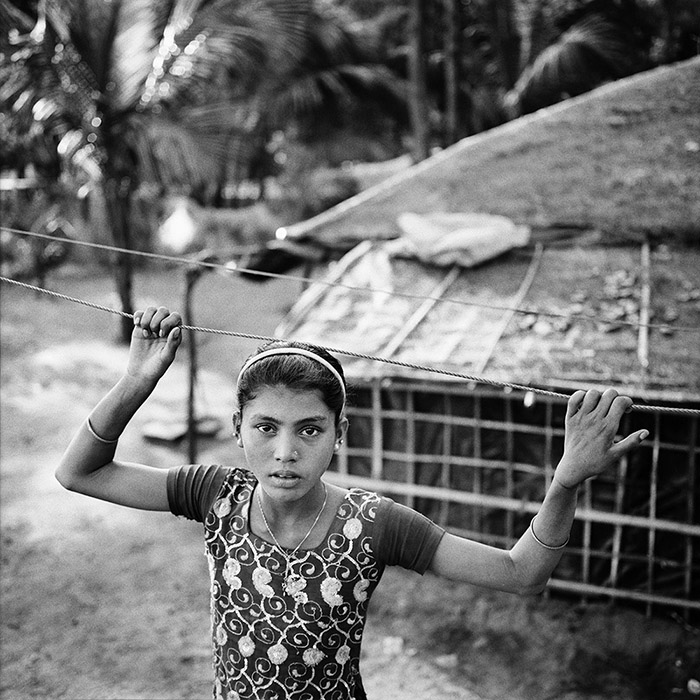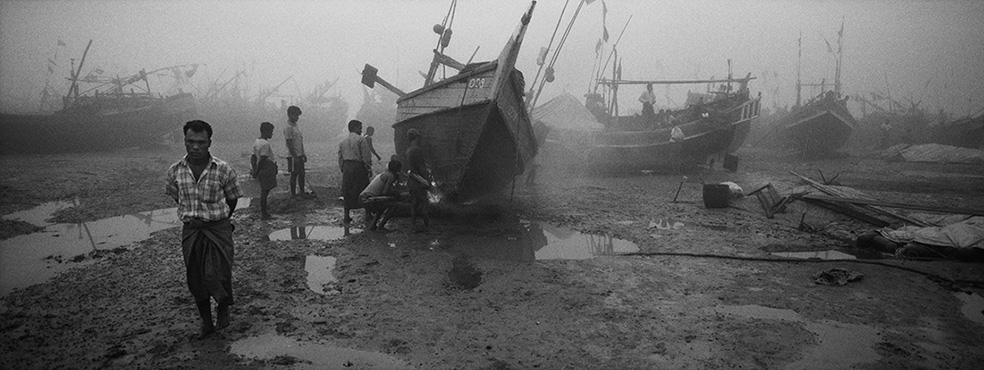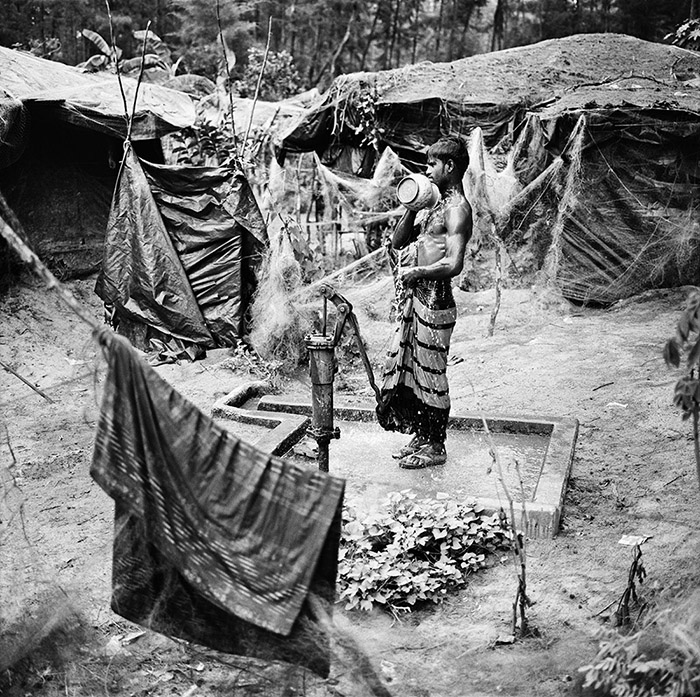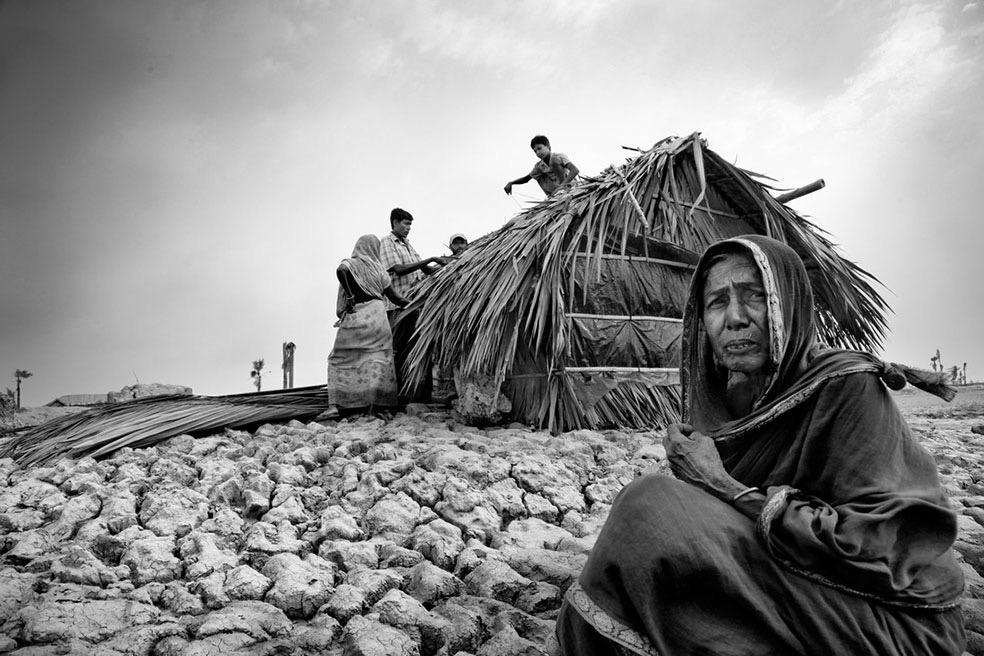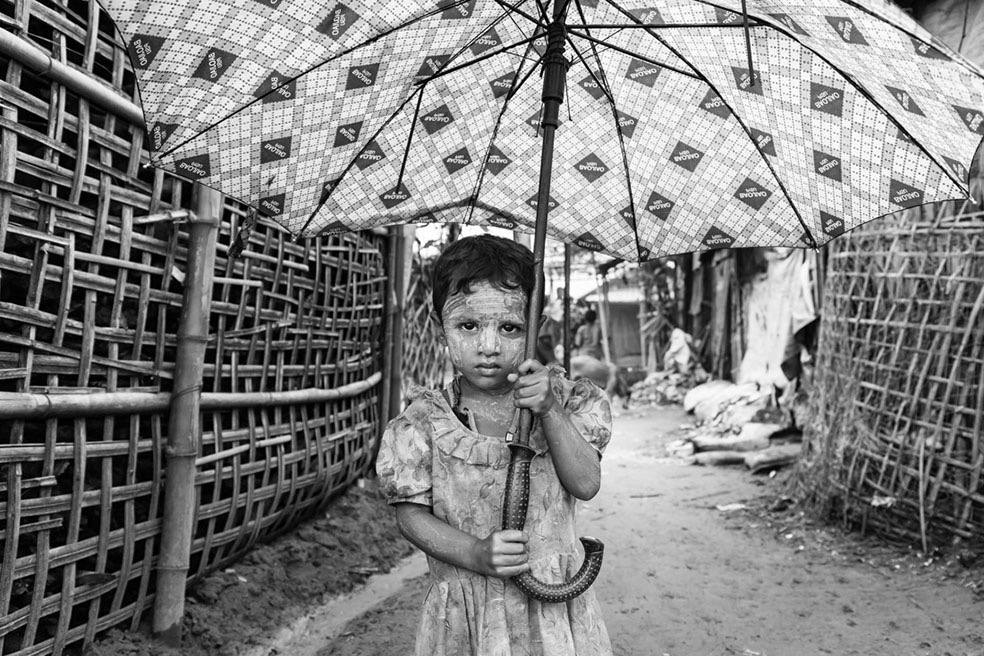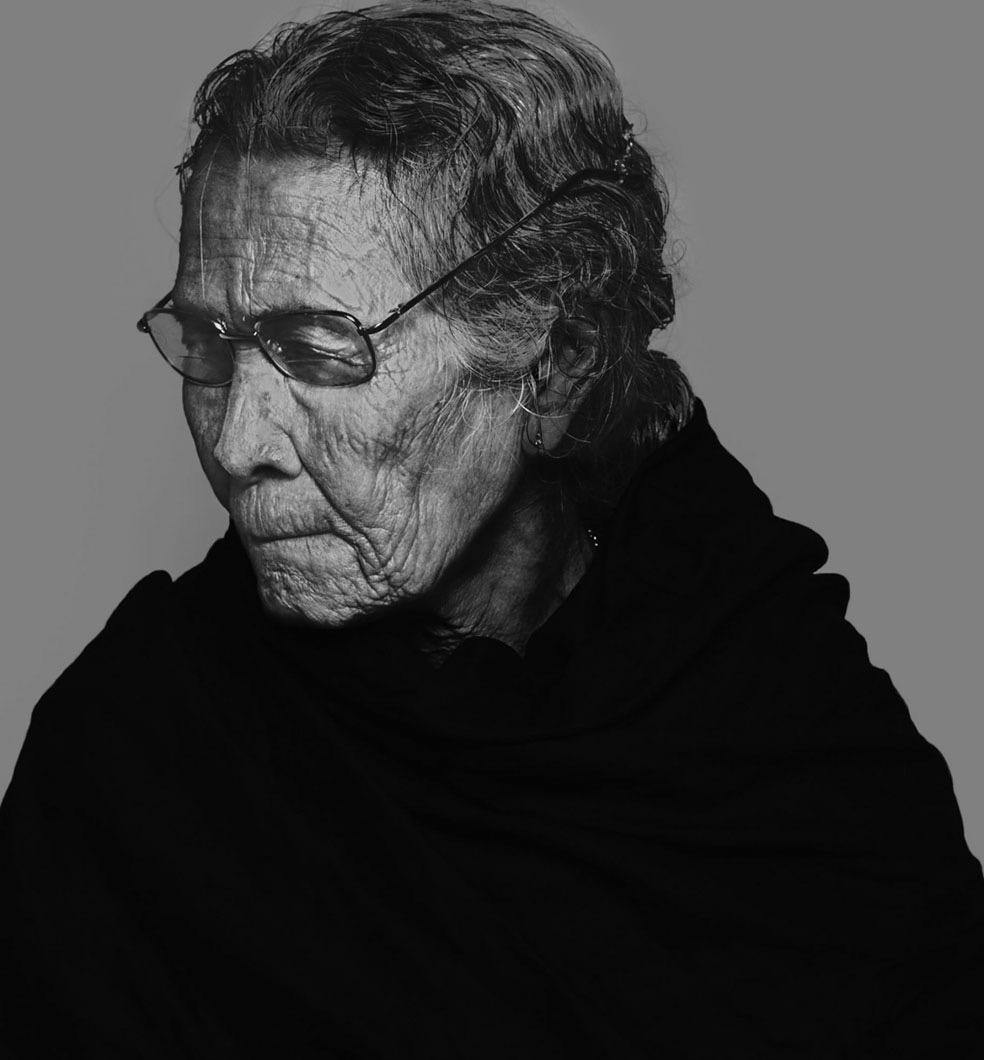Viewed as outsiders in both Bangladesh and Myanmar, ethnic Rohingya Muslims have faced persecution for decades. Anti-Rohingya sentiment in Myanmar has swelled due to a movement led by radical Buddhist monks, and now more than 100,000 Rohingya are confined in squalid prison camps in western Rakhine state.
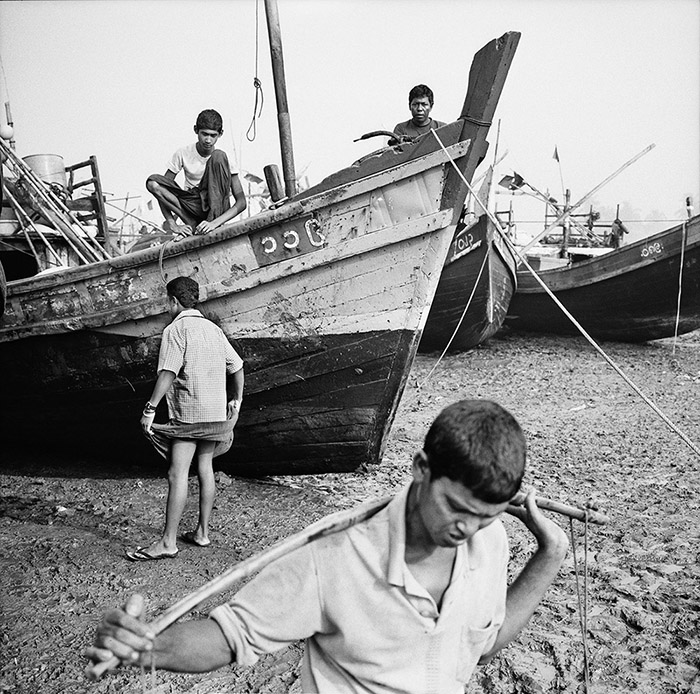
Despite evidence that Rohingya have lived in Rakhine state for centuries, the government has also sought to deny the group citizenship, labeling the Rohingyas “Bengalis” and claiming that they are illegal migrants from Bangladesh. Over the years, Rohingya asylum seekers have poured into Bangladesh, where hundreds of thousands live in a state of unprotected limbo. Thousands have also undertaken perilous sea journeys destined for Thailand, Malaysia and beyond, where they are not infrequently kidnapped for slave labor. Untold numbers have also drowned in during the journey.
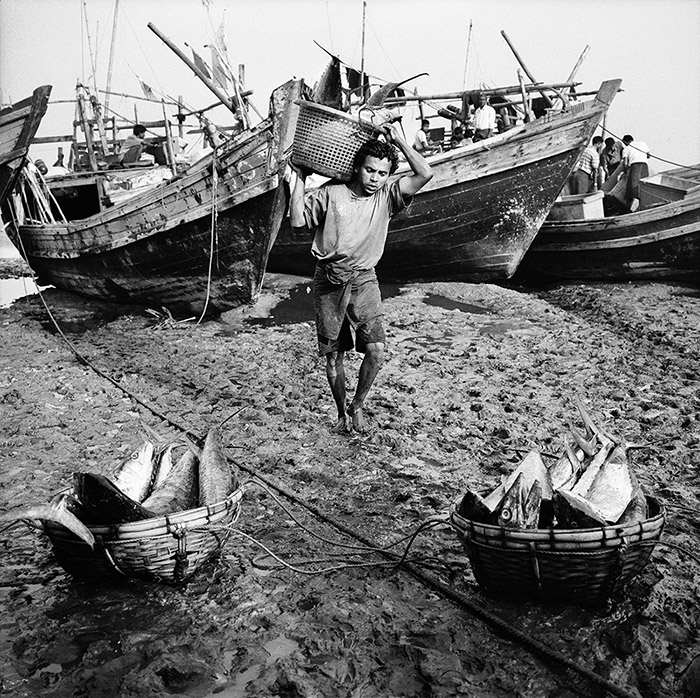
Now Myanmar is in the process of passing harsh anti-conversion laws which could mean curbs on interfaith marriage, bans on religious conversion and limits on Muslim birth rates. Meanwhile in Bangladesh, hundreds of thousands of Rohingya asylum seekers lead half-lives, unable to seek legal employment and not entitled to any state support. Only about 30,000 are officially recognized as refugees – and therefore eligible to receive government and international support – while an estimated 200,000 to 500,000 are left to fend for themselves.
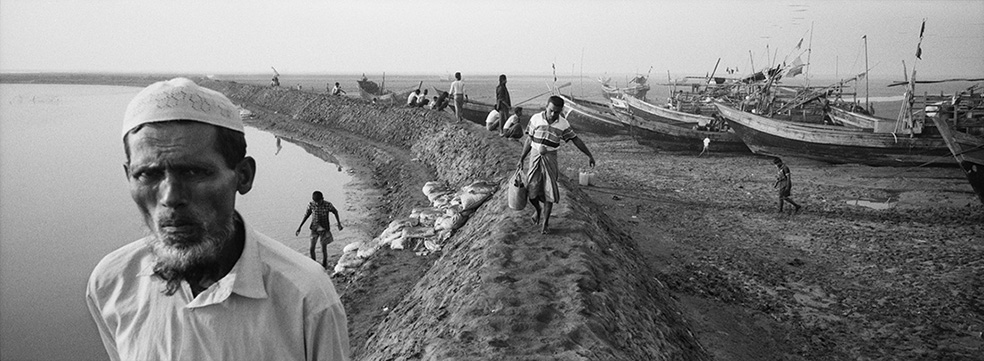
Despite these hardships, the Rohingya are incredibly resilient. They make a living fishing the Bay of Bengal, trade amongst themselves and continue to seek a better life. I have documented the lives of the Rohingya both in Bangladesh and in Myanmar, and a Photogrvphy Grant would allow me to finish this important project.
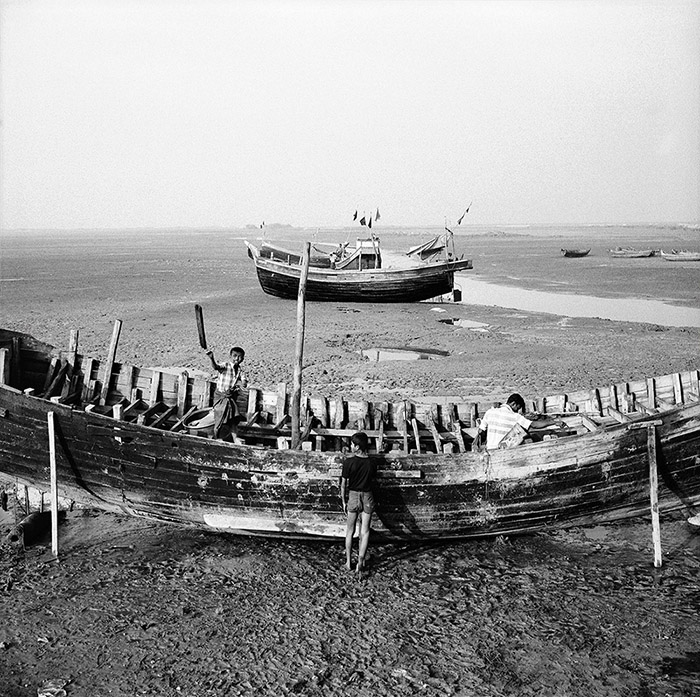
Will Baxter (b. 1978) is an American photographer based in Bangkok, focusing mostly on conflict and human rights issues. Will has documented conflicts and political violence in Afghanistan, Burundi, Myanmar, Sri Lanka, Thailand and Zimbabwe.
He has produced in depth investigative work on issues including Cambodia’s virgin trade, illegal rosewood logging, and has covered the aftermath of natural disasters such as Cyclone Nargis in Myanmar and Typhoon Haiyan in the Philippines. An exhibition of Will’s work depicting the lives of Cambodian garment workers who made apparel for the 2012 London Olympics traveled around the United Kingdom and the Czech Republic in 2011-2012. Will’s photos of the war in Afghanistan have been shown at the Angkor Photo Festival in Cambodia and the Fotografia Festival in Italy. His photo essay on political upheaval in Zimbabwe was also shown at the Angkor Photo Festival, and his photos from Sri Lanka’s civil war were shown at the Fotografia Festival and during La Fete in Bangkok. His portrait series on Tamil torture and gender-based violence victims was also recently chosen to be included in the permanent collection at the US Library of Congress.
Will was a finalist for the 2010 Alexia Foundation Grant for professional photographers. He won 1st place in the Spot News category in the 2008 FCCT Photo Contest with an image from his story about the Cyclone Nargis aftermath in Myanmar. Will has won two WAN-IFRA Asia Media awards (2012, 2013) and two Society of Publishers in Asia awards (2012, 2014). His images have been selected for TIME magazine’s 2009 Year End issue, Stern magazine’s 2009 Year Book, TIME magazine’s 2008 Pictures That Mattered edition and Newsweek’s 2008 Year in Review issue. His work has been published by Newsweek, TIME, Marie Claire, Stern, Der Spiegel, Geo, The Wall Street Journal, The New York Times, The Washington Post, The Sunday Times, The Telegraph, The Observer, Le Figaro, Le Monde, Liberation, l’Obs, Al Jazeera and Internazionale.
Website: willbaxter.net
